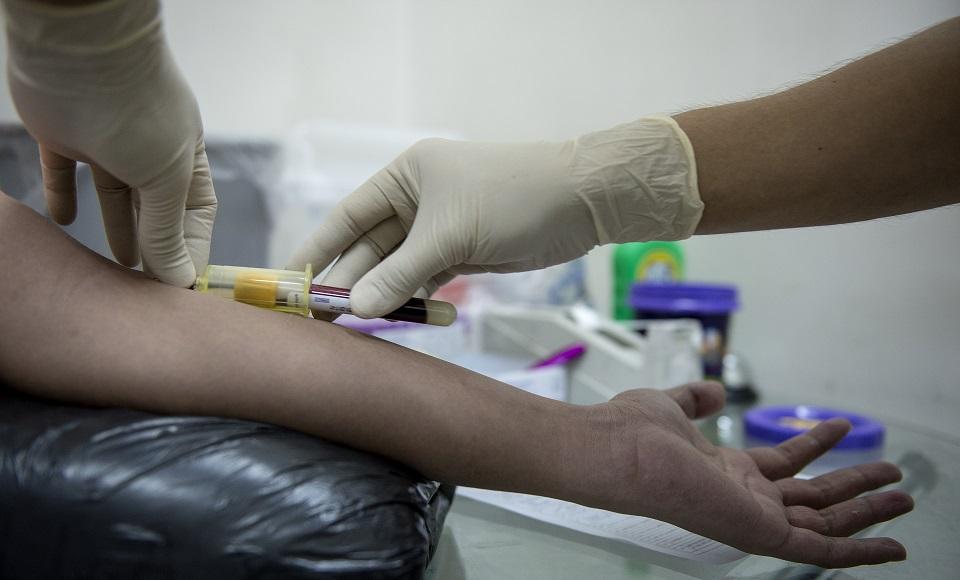Blood type not a COVID-19 risk factor in US; Inhaled asthma drug may keep mild illness from worsening

The following is a roundup of some of the latest scientific studies on the novel coronavirus and efforts to find treatments and vaccines for COVID-19, the illness caused by the virus.
Blood type not a factor in COVID-19 risks in US patients
Blood type does not affect susceptibility to COVID-19 in US patients, a new study suggests.
Researchers analyzed data on nearly 108,000 people from Utah, Idaho, and Nevada who were tested for COVID-19 and whose blood type was listed in their medical records.
None of the blood types - A, B, AB or O - was linked with their risk of becoming infected, need for hospitalization or intensive care, according to a report published in JAMA Network Open.
Smaller studies from China, Italy and Spain have linked type A blood to higher COVID-19 risks and type O blood to lower risks, and a large study from Denmark tied blood type to COVID-19 severity.
Studies from New York and Boston - like this new study - found no such links. Study coauthor Dr. Jeffrey Anderson of the Intermountain Healthcare Heart Institute in Salt Lake City said in a statement that the effects of blood type can vary across populations.
"We looked at a lot of risk factors as to who might need to be hospitalized and who might need more advanced care, and... for our population at least, blood type is not on that list," Anderson said.
Asthma drug may keep mild COVID-19 from worsening
An inhaled steroid commonly used to treat asthma can help keep patients with mild COVID-19 from getting sicker, according to results from a trial published in The Lancet Respiratory Medicine.
Within a week of developing symptoms, 73 patients were randomly assigned to receive inhaled budesonide twice a day, and another 73 were assigned to receive only usual care.
On average, patients used budesonide for 7 days. Ultimately, 15% of patients receiving usual care needed an urgent-care visit or hospitalization, compared to only 3% of those treated with budesonide.
Patients who got budesonide also had fewer days with fever, fewer days of taking medicines to prevent fever, and recovered on average one day faster.
"To our knowledge," the researchers said, this is the first trial of inhaled corticosteroids in early COVID-19 illness, and it "potentially provides the first easily accessible effective intervention" for patients with mild symptoms.
They said larger trials to confirm their findings are urgently needed, "especially in the setting of a treatment given early that is widely available and relatively safe." -- Reuters



